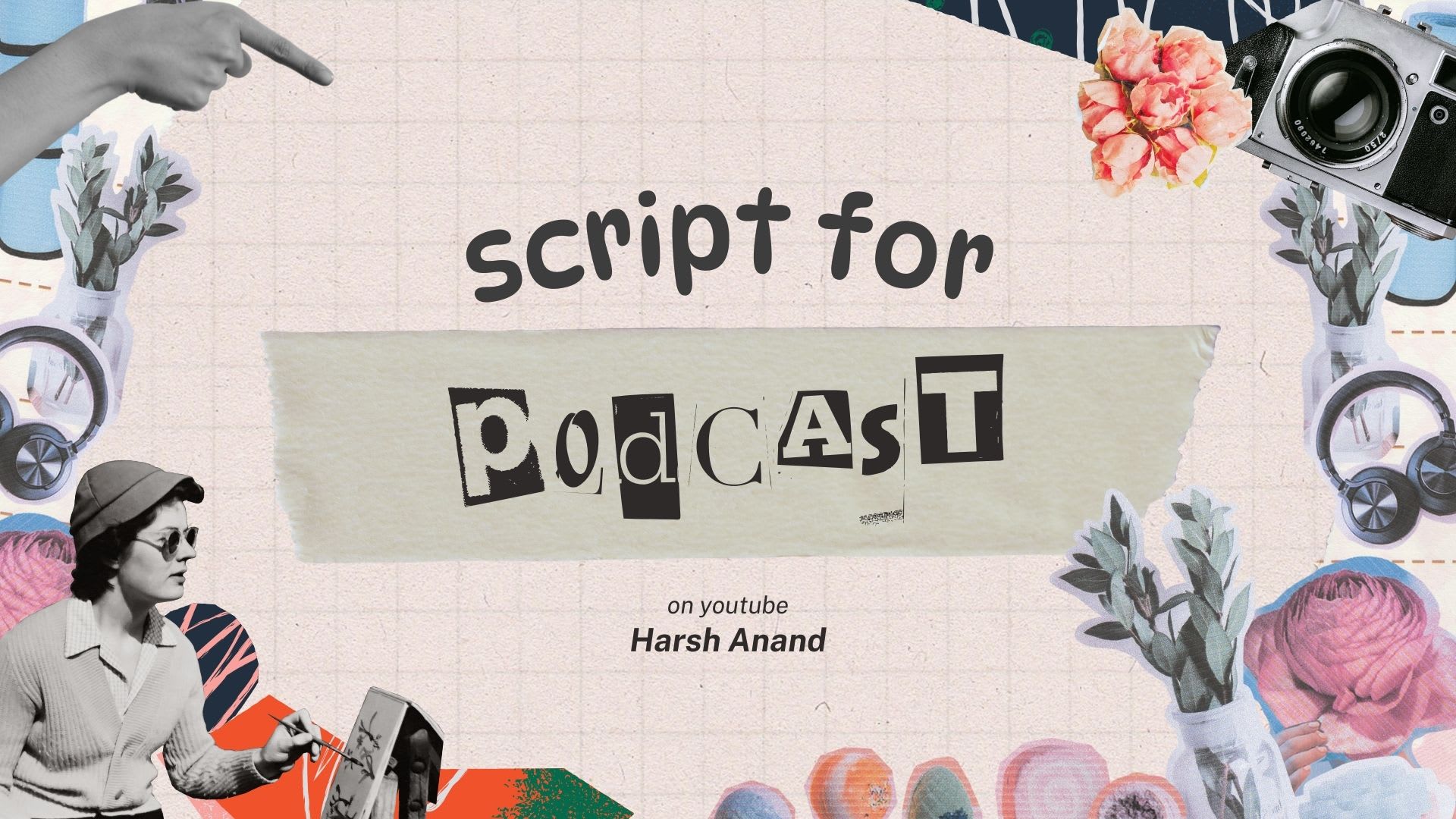Podcast Script
While writing podcast scripts, I approach the process like storytelling backed by strategy.
I begin with in-depth research — not just scratching the surface, but really diving into the personal and professional life of the guest. I go through past interviews, news articles, press coverage, podcasts they’ve appeared on, and even analyze their social media presence. This helps me understand their tone, interests, public perception, and untold stories.
Next, I craft a narrative arc.
I don’t just write questions; I build a flow. The opening sets the stage, with warm-up questions that build rapport and set a comfortable rhythm. From there, I design a journey — gradually moving from surface-level insights to deeper, more personal or thought-provoking questions. Each question is intentional, sequenced in a way that feels organic to the listener.
I also anticipate possible answers.
This allows me to write smart follow-up questions in advance, creating the illusion of a spontaneous, free-flowing conversation while ensuring the conversation never hits a dead end. It helps the host stay ready and the episode stay engaging.
Tonality matters. A lot.
Whether the podcast is lighthearted, introspective, or hard-hitting — I make sure the script aligns with the intended tone. My goal is to give listeners a seamless experience where transitions feel natural, and the episode wraps up with emotional or intellectual closure — not an abrupt full stop.
In short, I blend research, structure, psychology, and storytelling — all to make the host look sharp, the guest feel heard, and the audience stay hooked.
13 Apr 2025







